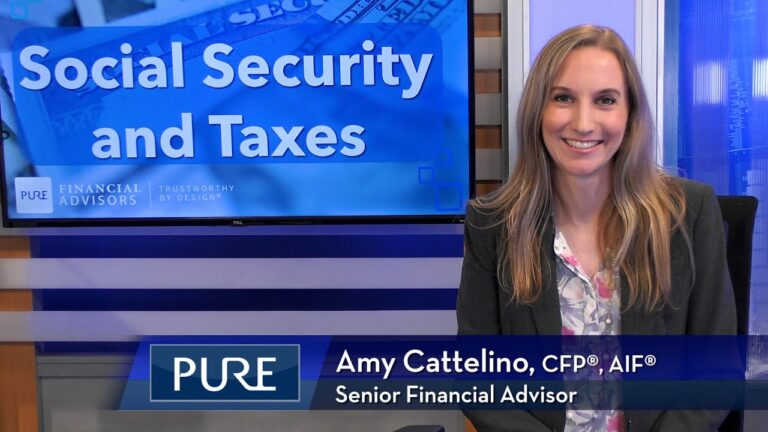In this Question of the Week, Karen Baszak, CFP® discusses several strategies to protect yourself from rental property liabilities. This includes making sure you have adequate liability coverage on your rental property policy, exploring the option of purchasing umbrella liability coverage and considering establishing a limited liability corporation (LLC) for your rental property.
Transcription:
“Hi, I’m Karen Baszak, CERTIFIED FINANCIAL PLANNER™ with Pure Financial Advisors, and this is the Question of the Week. This week’s question is: How do I protect myself from liability related to my rental property?
Owning a rental property has many advantages, but one of the downsides is that as a landlord, you’re exposed to a significant amount of liability risk that you otherwise would not have. While you may not be directly responsible for accidents, injuries and illnesses resulting from your rental property, there’s a good chance that you could still be held liable for them as a property owner. Today we’re going to discuss some common sense ways to protect yourself from this type of liability.
The first is to make sure you have adequate liability coverage on your rental property policy. The amount of coverage that you’ll need will vary widely depending on the property and other circumstances, but at a minimum you should typically consider $300,000 with limits of $1 million or higher, appropriate for some situations.
You should also consider purchasing umbrella liability coverage. Umbrella policies are sold in increments of $1 million and basically this is extra coverage that kicks in after your rental property policy is exhausted. While a liability coverage is a necessary and fundamental form of protection, there is still a chance that you could have a liability claim that exceeds your policy limits. Liability policies not only limit how much they will pay, but they also have exceptions as to the types of claims that are covered. While the chance of a loss exceeding your liability limits may be remote, the consequences of this happening can be financially devastating, resulting in your personal assets being placed at risk to satisfy the liability claim.
There is a way, however to protect your personal assets from larger liability claims, and that’s by establishing a limited liability corporation for your rental property, also known as an LLC. An LLC will in effect create a legal barrier between your rental property and your other assets so that in the event of a larger loss, only the rental property will be at risk and your other assets will be protected. There are of course legal and accounting costs for establishing and maintaining the LLC, which are typically tax deductible. Despite these costs, if you have considerable assets other than the rental property, the LLC should be considered and may be the best way to protect your assets from larger liability claims.
I’m Karen Baszak, and that was the Question of the Week.”











